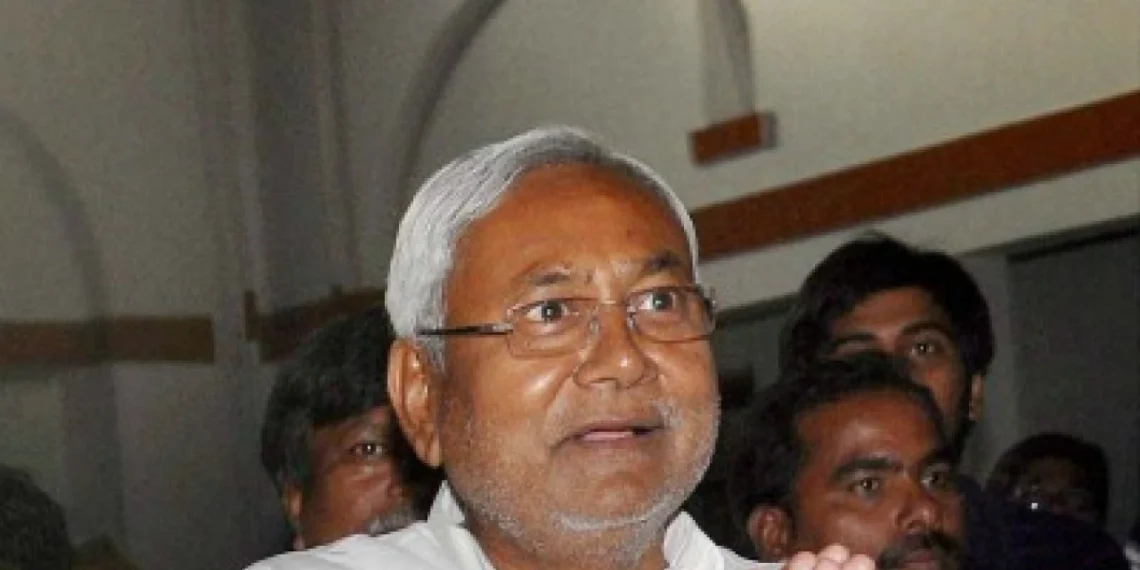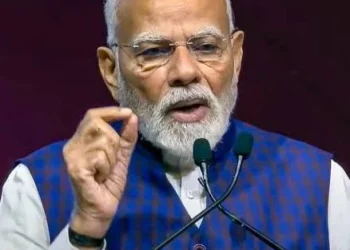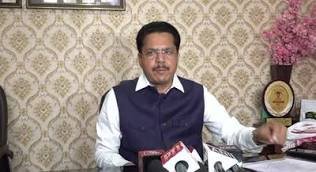In an era of sensationalism, discredited journalists and so-called political wizards rely on exaggerated theatrics and unsubstantiated claims to grab headlines. Their false narratives, designed to attract viewers, are eroding trust in media and damaging public discourse.
By PC Bureau
As expected, Bihar Chief Minister Nitish Kumar has firmly rejected the proposal to join the opposition alliance under the ‘India Block’ banner. This unequivocal refusal, made in the face of repeated overtures from various quarters—including from RJD leader Lalu Prasad Yadav—comes as a blow to a section of YouTubers and social media influencers who have, for months, speculated without any basis about Nitish Kumar’s potential defection.
These so-called political pundits, many of whom are discredited journalists, believe that dramatic gestures and high-decibel rhetoric can transform lies into truth. They have been circulating baseless narratives, all in a bid to capture attention and boost their viewership. Nitish Kumar’s rejection puts a definitive end to months of these unfounded rumors peddled by these Youtubers whose credibility has already come under scrutiny.
आज गोपालगंज जिले में ‘प्रगति यात्रा’ के दौरान सिधवलिया प्रखंड के पकड़ी ग्राम के वार्ड संख्या 8 में सामुदायिक भवन सह पुस्तकालय का उद्घाटन किया। इस वार्ड के आंगनबाड़ी केंद्र का भी निरीक्षण किया। पकड़ी ग्राम के पोखरा टोला का भ्रमण कर विकासात्मक योजनाओं का जायजा लिया। इस क्रम में… pic.twitter.com/tQHKx4AHML
— Nitish Kumar (@NitishKumar) January 4, 2025
While the mainstream media has been rightfully dubbed as Godi media, the situation on social media is increasingly heading down a similar path. The disastrous outcomes of their false narratives in Haryana, Maharashtra, Madhya Pradesh, Chhattisgarh, and Rajasthan only reinforce the fact that these agendas are pushed with little regard for the truth. Their sole objective appears to be to serve the interests of a select few while distorting the political reality.
In the case of Bihar, the speculation about Nitish Kumar switching sides was particularly misguided. It was based on flimsy assumptions with no real foundation. With his health deteriorating and his party leadership deeply aligned with the BJP, the notion that Nitish Kumar might abandon his current allies was never a credible one. Senior JD(U) leaders, including Working President Sanjay Jha and Union Minister Lalan Singh, maintain strong connections with Home Minister Amit Shah, further solidifying the fact that the JD(U) leadership knows that its political survival lies in staying aligned with the BJP. To suggest otherwise was naïve and, in hindsight, foolish.
“People who were spreading rumors about Nitish Kumar switching sides didn’t have the facts. They were simply playing a game to gain attention,” said a senior JD(U) leader. He added, “It is unfortunate that these narratives were spun without understanding the realities of Bihar’s politics or Nitish Kumar’s position within his party.”
India bloc has nothing to offer to Nitish:
The much-hyped India Bloc, formed to counter the BJP-led National Democratic Alliance (NDA) in the 2024 general elections, is showing signs of internal discord, and has nothing to offer to Nitish kumar. While the bloc was envisioned as a united front to challenge the BJP’s dominance, recent developments suggest that this coalition of convenience may be unraveling under the weight of competing ambitions and deep-seated rivalries.
The most significant shock to the opposition’s unity comes from reports suggesting that Uddhav Thackeray, leader of the Shiv Sena (UBT), is contemplating a return to the NDA. Once a staunch ally of the BJP, Thackeray broke away after a fallout in 2019 and has since been a key member of the opposition alliance.
However, the BJP’s tactical maneuvers and the weakening of the Shiv Sena’s hold in Maharashtra following Eknath Shinde’s defection seem to have left Thackeray cornered. With the BJP and Shinde consolidating power in the state, Thackeray may be exploring a rapprochement with his former ally to ensure his political survival.
Such a move would not only be a significant blow to the India Bloc’s credibility but also expose the fragile nature of its alliances, particularly in states like Maharashtra, where opposition unity is critical to counter the BJP’s influence.














